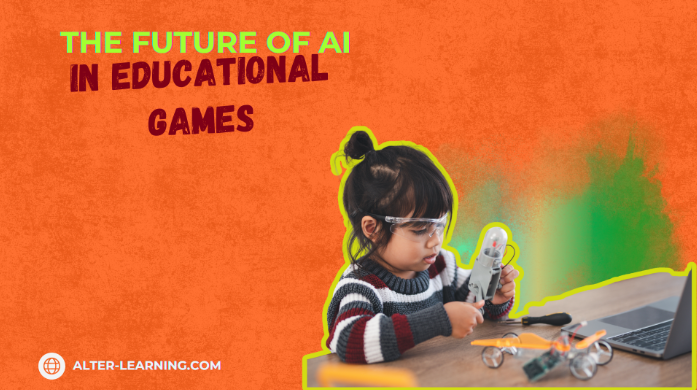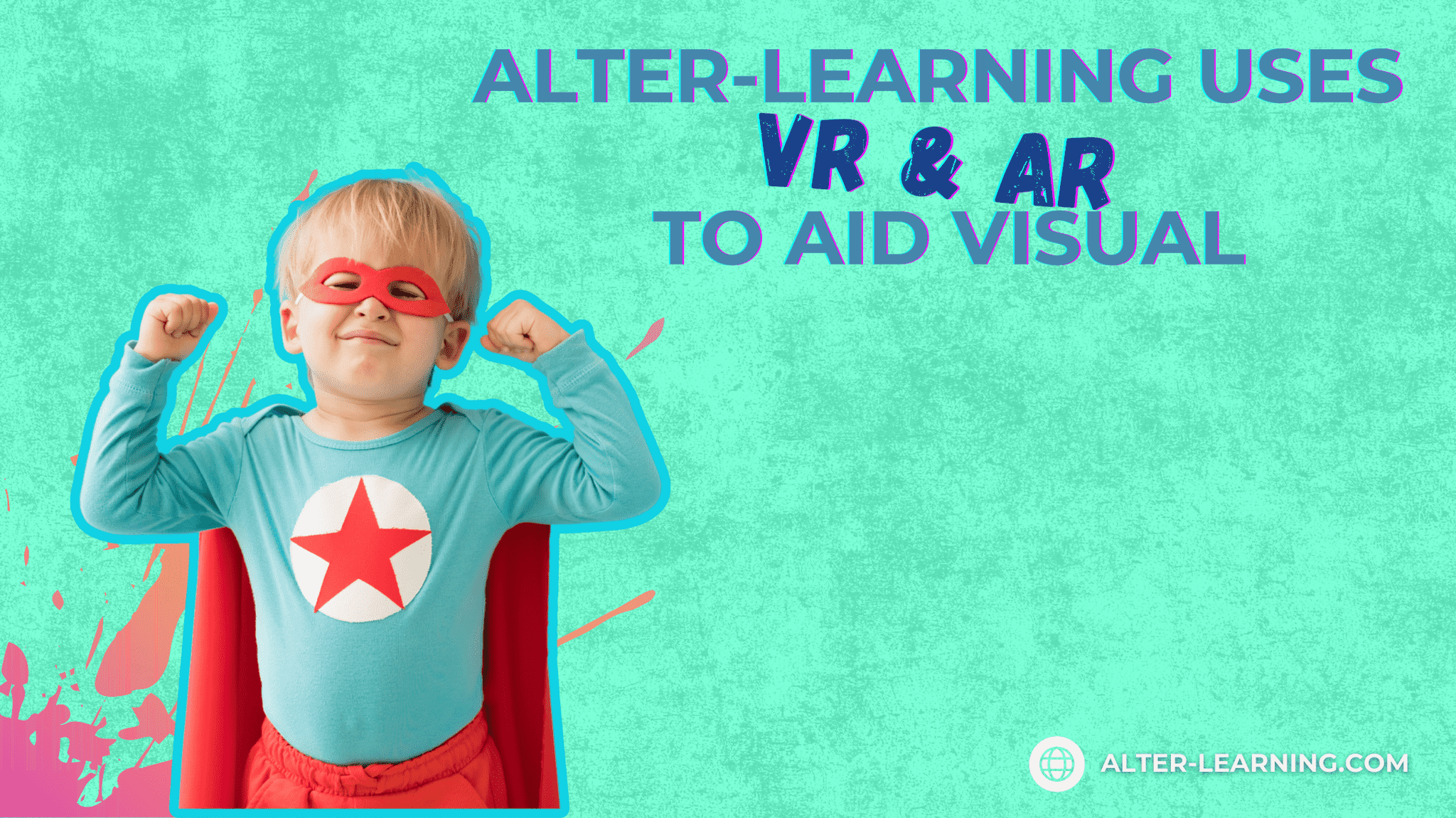Artificial intelligence (AI) is rapidly transforming the way we live, work, and learn. In education, it holds particular promise as a tool for personalization, accessibility, and engagement. Combined with game-based learning, AI can help create dynamic experiences that adapt to learners’ needs while reinforcing academic and social-emotional skills.
As schools explore VR education apps, AR learning experiences, and STEAM-focused platforms, the integration of AI into educational games may represent the next leap forward. Alter-Learning’s emphasis on innovation and inclusivity highlights how AI can expand what is possible in immersive learning environments.
Personalizing the Learning Experience
Every student learns differently, and AI has the potential to tailor educational games to individual needs. With AI-driven systems, games can:
- Adjust difficulty levels in real time to keep students challenged but not frustrated,
- Provide targeted feedback that explains mistakes and suggests new strategies,
- Track learning progress across subjects, helping teachers identify strengths and gaps,
- Offer branching pathways, where gameplay adapts to a student’s pace and choices.
This personalization can transform a one-size-fits-all classroom into a space where every learner feels supported.
Accessibility is a critical priority in EdTech. AI can enhance inclusivity by:
- Offering voice recognition and text-to-speech tools for students with reading challenges,
- Using computer vision to provide descriptions of visual content for visually impaired learners,
- Enabling adaptive interfaces that simplify controls for students with motor difficulties,
- Providing real-time translation to support multilingual classrooms.
By removing barriers, AI can ensure that educational games support diverse learners equally.
AI-powered tools can also assist educators by:
- Providing dashboards that summarize student progress and highlight areas needing attention,
- Embedding AI tutors into games that guide learners through challenges,
- Automating routine assessments so teachers can focus on higher-level instruction,
- Gathering data from interactive physics simulations, VR math games, and AR biology explorations to evaluate comprehension.
With these supports, teachers can spend less time tracking details and more time inspiring students.
Expanding Game Design Possibilities
AI does not only adapt games—it can help create them. Developers can use AI to:
- Generate dynamic storylines that evolve based on student decisions,
- Create intelligent non-player characters (NPCs) that model collaboration or conflict resolution,
- Build procedural challenges, such as unique math puzzle games or engineering challenges for students,
- Test accessibility options and usability across multiple learning styles.
This means educational games can stay fresh and engaging, offering new scenarios every time learners play.
Ethical Considerations in AI-Powered Games
With powerful tools come important questions. Educators and developers must carefully consider:
- How student data is collected, stored, and protected,
- Whether AI systems reinforce or reduce biases in learning content,
- How to ensure transparency so teachers and families understand AI-driven decisions,
- The balance between automation and the human role of teaching and mentoring.
Keeping ethics at the center ensures AI supports—not replaces—human connection in education.
Looking Ahead
The future of AI in educational games can bring together personalization, accessibility, and innovation in ways that enrich both learning and teaching. From VR coding tutorials to digital art creation tools, AI-driven platforms can create immersive learning environments where students are motivated to explore, collaborate, and grow.
Alter-Learning’s focus on designing inclusive, interactive STEAM learning experiences suggests that AI will not just enhance games—it can reshape the very way students experience education.
When AI combines with the power of play, classrooms may become places where curiosity, creativity, and resilience thrive. And that future is closer than we think.
Follow Alter-Learning for more insights into immersive education, edtech success stories, and the future of learning. Want to explore how VR/AR could transform your school or learning platform? Let’s connect.




